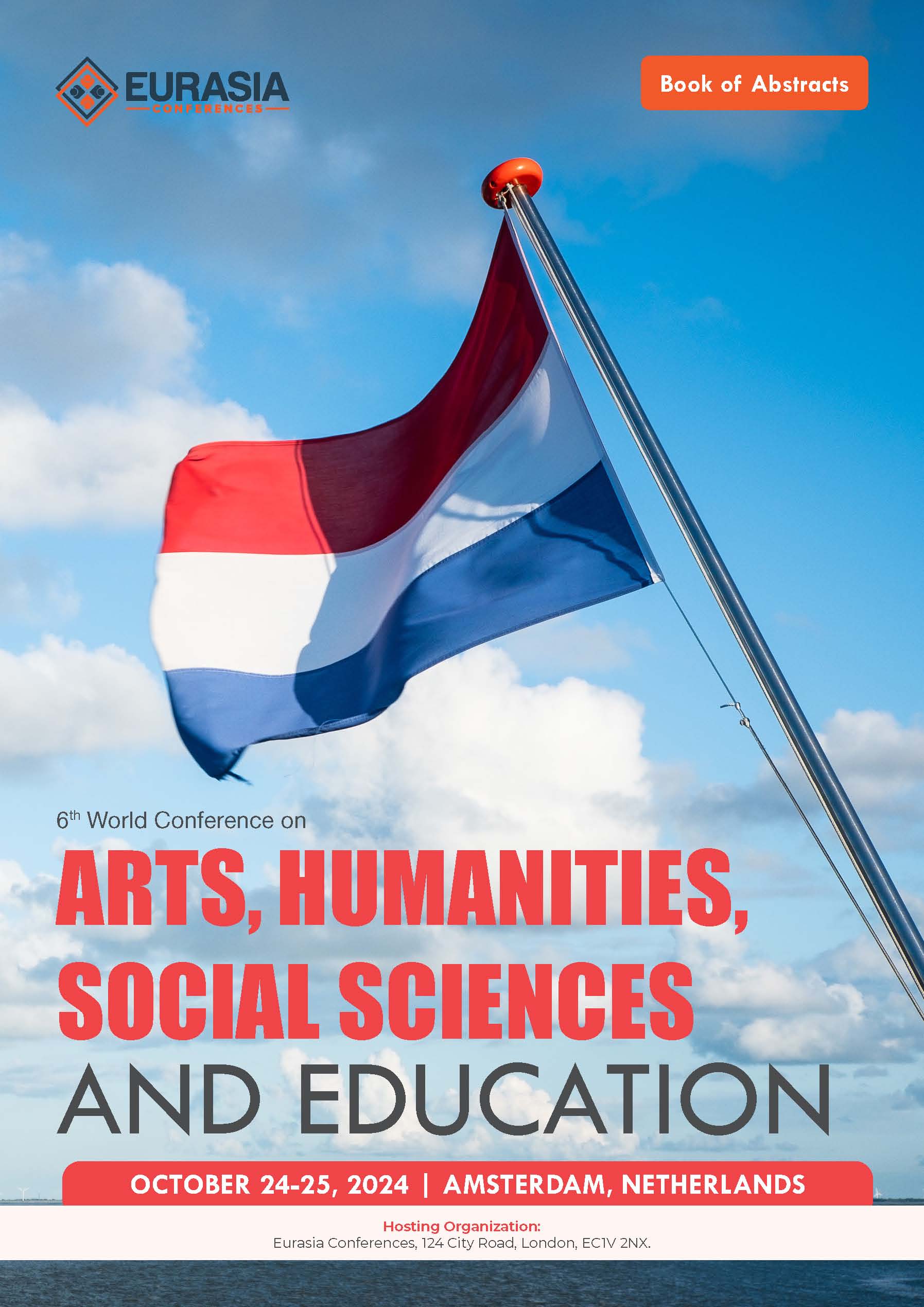
Margarita Pavlova
This presentation addresses the issues that are going across two themes of the conference: Adult and lifelong learning and Environmental studies and sustainability. It argues for the importance of adult education for effectively addressing sustainable urban development issues. In particular, this presentation examines the ways the development of generic green skills can be implemented to engage ethnic minorities in sustainable urban development. It presents the results of a qualitative study in Hong Kong that applied action research to empower this marginalized group through developing generic green skills and entrepreneurial competencies that can be applied in setting up green social enterprises. Fourteen ethnic minorities from the following backgrounds: India, Bangladesh, Pakistan, Burma, Nepal, and Kyrgyzstan took part in the study (four from our university). Surveys, interviews, and observations through the five-week workshop engagement were the main methods of data collection. Analysis used a theme-based approach. Themes such as entrepreneurial characteristics and actions, entrepreneurial mindsets and beliefs, and environmental awareness and their sub-sets were identified based on the literature review at the beginning of the study. The results demonstrate that participants valued their learning and were able to develop business plans for their enterprises. Partnerships between a university, NGOs, and religious institutions allowed for effective design and implementation of training. The main context for the project was waste management, which is a significant challenge in Hong Kong. Among the important findings from this study is the need to involve associations of ethnic minorities that can encourage members to try opportunities relevant to green transition.